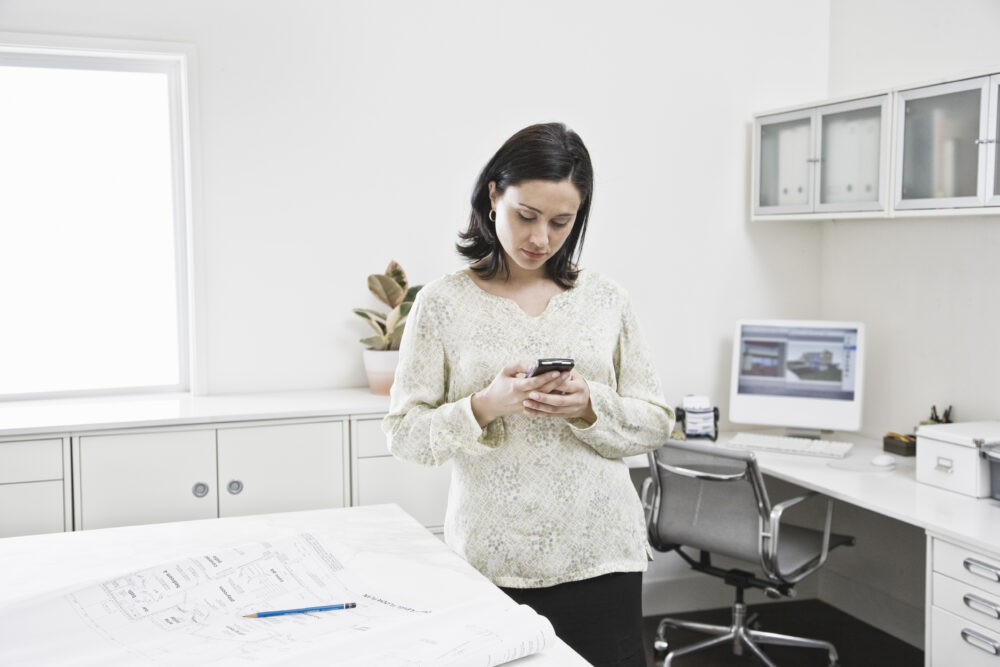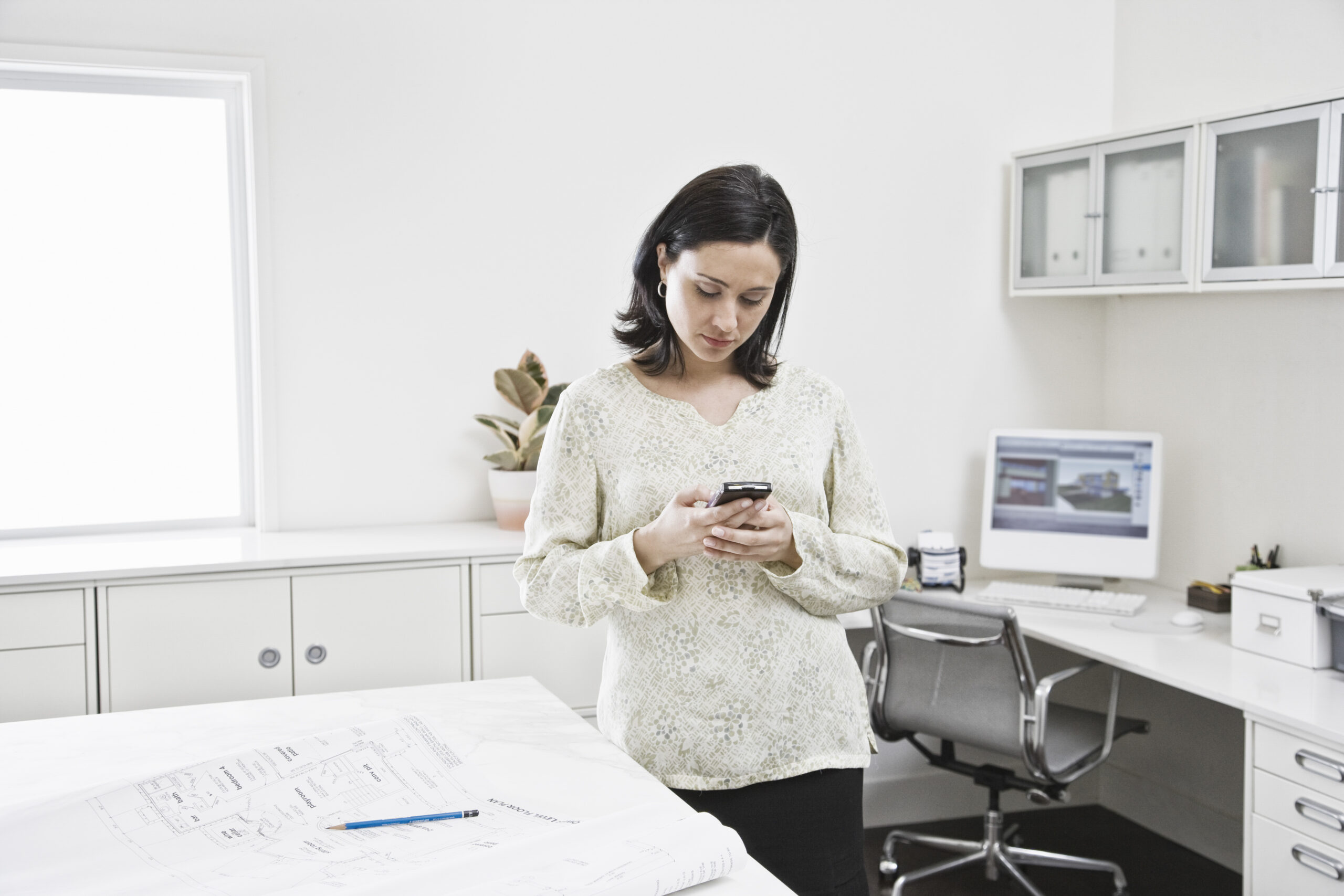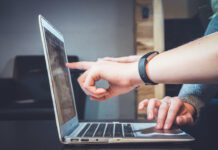Covid-19 has changed the relationship between companies and their frontline employees forever, and workers’ own devices are proving to be a key tool for keeping everyone connected, trained and ready to embrace the new normal.
Fast forward to 2020 and many companies have recognised that the devices staff carry in their pockets are where they spend an increasing portion of their lives and reflect the way they choose to live it. In fact, people have become so adept at using their own apps, that any corporate app needs to provide a similarly seamless (and enjoyable) experience.

Companies have realised something else about letting employees use their personal devices during the Covid-19 crisis: they became the lifeline between companies and their frontline staff, allowing them to keep communicating critical information to everyone, whether they were furloughed or still showing up to work every day.
It seems that personal devices in retail are here to stay.
Here are six ways that allowing BYOD has become central to the success and happiness of frontline retail employees.
1. They can work from anywhere
In retail, frontline staff are on the move like never before and have turned themselves into walking point of sale experts. During lockdown, some were making personal deliveries to customers who lived near them or on their route home. Others were bringing orders out of the store to the customer’s car to make kerbside deliveries. And staff used to working in a single location were being reallocated to new tasks and locations more often to cope with new patterns and volumes of demand.
The device through which staff get their daily updates and training has to be the one that they carry with them at all times and it has to be mobile, that’s indisputable. According to Frost & Sullivan, using portable devices for work tasks saves employees 58 minutes per day while increasing productivity by 34%. And that was four years ago. Now, BYOD is business as usual.
2. They can collaborate
Fewer and fewer tasks in retail are now solo, apart from stock taking. Staff want to be connected to each other whether physically or across the network. Personal devices are now the mouth, ears and eyes of the employee on the move.
3. They can access company data and apps
No company wants to be reminded of how much time and money went into training frontline staff to use corporate applications through desktop devices. It seemed like the bigger the device, the bigger the application and extensive classroom training was needed to help them use probably no more than 20% of the capabilities of the software. Through mobile apps, staff are only having to use defined and task-oriented capabilities.
4. They can train and cross-train more effectively
Moving from role to role during the crisis was unlikely to have been seamless unless there were processes and procedures in place to manage them. Relevant apps on staff devices can help them understand role requirements, demonstrate to management they have the necessary skills, give them the option of immediate support and provide constant reinforcement of the things they need to remember to do on the job every day.
And they can have fun while they train; training doesn’t have to be boring. Presenting training and reinforcing key concepts in game form through an app on their personal device makes learning feel less like, well, learning. It also gives the opportunity to let each person see their progress and reward them completion.
5. They can connect directly with customers
What happened a lot during lockdown is that staff would reach out directly to customers through email in order to help them fix a problem. Sometimes these interactions would move to more immediate apps such as text or WhatsApp. Some companies allowed staff to connect via Zoom and Microsoft Teams; what might have made everyone nervous before the lockdown may become business as usual.
6. Then can get reskilled easily
Jobs were already changing fast but during the crisis this was accelerated. Store staff were redeployed into contact centres or click and collect hubs to handle the surge in online orders. While many will return to their former roles, many will also like the variety and want to embrace the new normal. Reskilling should not be an onerous or time-consuming task once the main training components are delivered through the associate’s own device.
The Covid-19 has been an unwelcome but nevertheless powerful demonstration of the importance of letting frontline employees use their personal devices at work. BYOD is the core tool for enabling them keep safely connected, learning and thriving in retail as it continues to change.




















